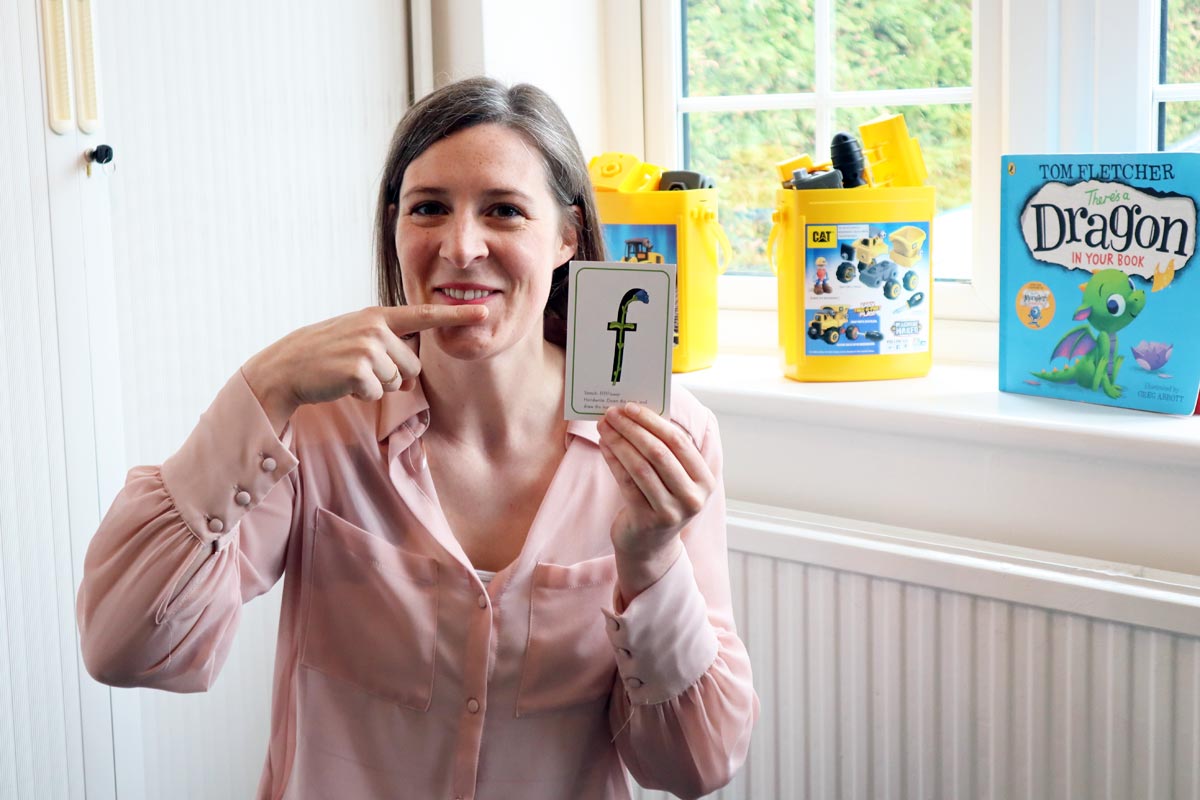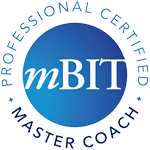
Speech and language development is an exciting journey. Our children’s ‘firsts’ are often moments of celebration to be shared and remembered. Every milestone is special, but in a world where everything can feel like a race, it is natural for us to compare our kids with others. And this can cause worry and put pressure on ourselves to speed things along. But it is important to remember that every child develops at their own pace, and there is a wide range of what is considered typical.
Early stages of speech and language development
● Babbling and sounds (around 6-12months): Babies begin experimenting with
sounds and playing with their voices by cooing and babbling. This is the foundation of
speech development and it’s ok if it goes on for a while.
● First words (around 12 months): Many children start saying their first meaningful
words around this age. These might be words for favourite people, toys or pets and
of course the holy grail of first words – ‘mama’ and ‘dada!’
● Word growth (12-24 months): Vocabulary often begins to grow quickly during this
time, and we may hear two-word combinations such as “more juice” or “bye-bye
Daddy.”
Beyond the early stages
● Combining words (2-3 years): Sentences are becoming longer and the variety of
words being used increases. Grammatical mistakes are common and are a normal
part of learning e.g. using ‘goed’ instead of ‘went.’
● Asking questions and telling stories (3-4 years): At this stage children are
beginning to enjoy back and forth conversations, telling stories and asking lots of
‘why?’ questions.
● Clearer speech (4-5 years): Most children can express themselves clearly by the
time they start school, though they may still be working on several speech sounds.aragraph can be used as a starting point for writing your new blog post so feel free to edit it as needed, then continue to write and add more paragraphs as needed.

If you are reading this and worrying that your child isn’t following this projection in line with their age, don’t panic. Every child’s timeline is different and this is just a guide. Some children begin talking really early and seem to breeze through, while others take their time and can linger in the ‘stages’ for some time. Ultimately though, they may cross the finish line at different times but do end up at the same destination. What matters most is progress over time and not whether children are hitting milestones according to a schedule.
Some children may develop their speech and language skills a little differently, or they may need more time and some support to help them along. If you are concerned, reach out to your speech and language therapy service or health visitor. They can reassure you and point you in the right direction. If your child is taking their time, it doesn’t mean that there is something wrong. Some children focus on their physical skills before diving into the world of
words. Personality, siblings, temperament, environment – the list of factors impacting speech development is long – everyone’s brain is unique after all!
Supporting your child
● Talk and listen: Narrate and comment on what your child is doing and the world
around you. Sharing books and stories is such a wonderful way to practice language
and expose your child to words.
● Respond and expand: If your child says something like “car,” you can respond with
“Yes, a fast car!” This helps them to add to their vocabulary and hear how we use
language, which is equally, if not more important, than saying individual words.
● Celebrate: Every communication attempt is worth celebrating whether it is a word,
gesture or sound.
Gestalt language processing (GLP)
Some children do not follow the stages above because they are learning and processing language in a different way – I’m talking about gestalt language processing, which sounds very different to the more typical language development that we have explored today.
Instead of starting with single words, these children often begin using memorised chunks of language or phrases. Over time, they will learn to break down these scripts or phrases into their own self-generated language. This way of learning is completely valid, it’s just a different route to communication.
If you notice your child is doing any of the following, you may be nurturing a GLP:
● Repeating full phrases from TV shows, songs and books
● Using ‘scripts’ in play and daily routines
● Copying the tone and melody of language they have heard before
● Mixing memorised phrases with their own words
● Communication that sounds less like single words but more like ‘chunks’ of language
However your child is learning language and whatever stage they are at, the best thing you can do for them right now is join them on their journey; encourage, listen, praise, and celebrate everything about them that you love!


